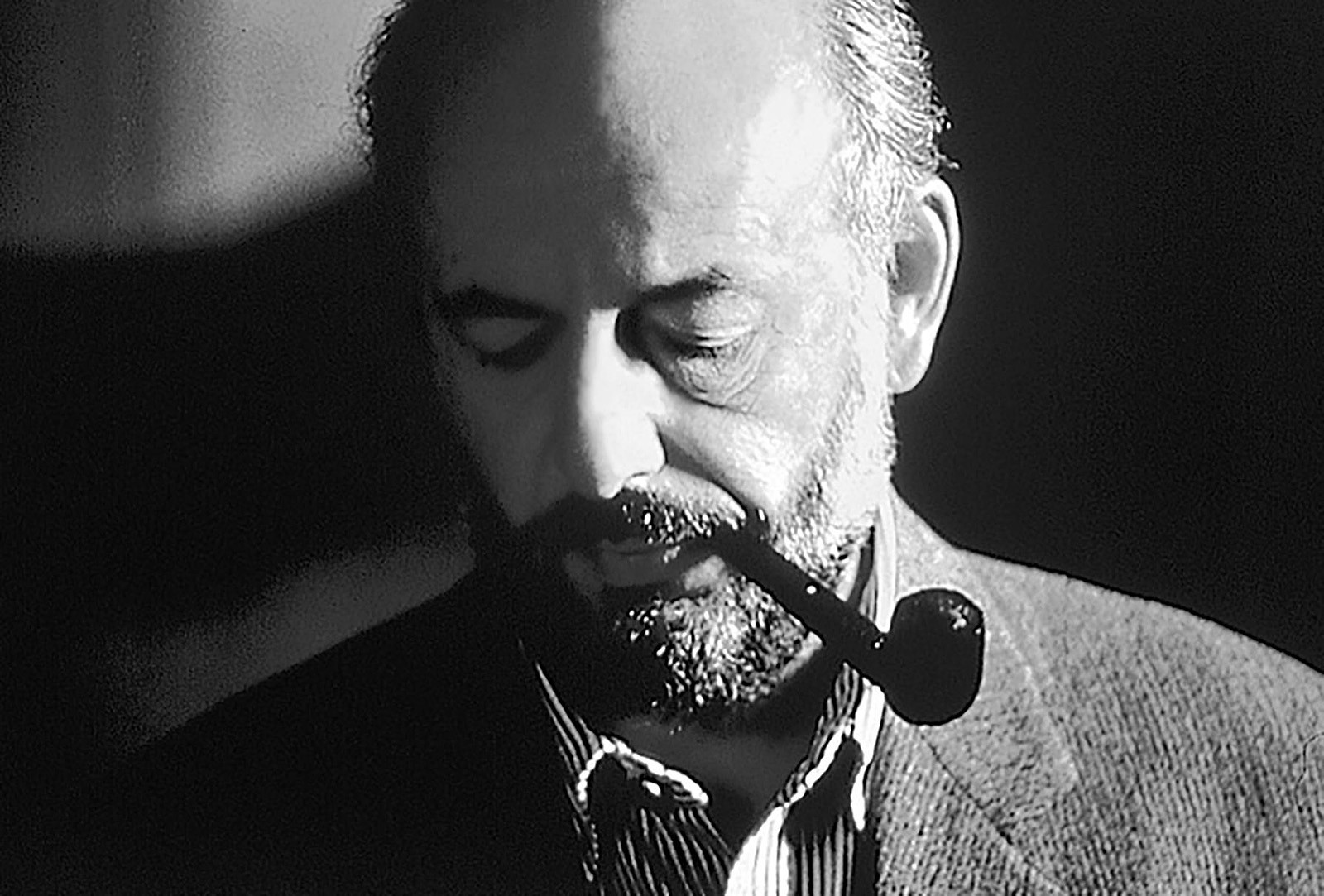After having been the assistant of Denys de la Patellière and Christian-Jasque, Bertrand Blier made his first film in 1963. Hitler, sais pas denounces the growing amnesia of our society and features a group of young people who spend their time saying: "Hitler, sais pas". The general public ignored the film and forced Blier into a long crossing of the desert from which he would emerge masterfully with Les valseuses. A flagship film of a generation freed from taboos and any form of authority, Les valseuses met with virulent reactions upon its release: "A film of a sexual obsessive" for some, an "authentically Nazi" film for others, Blier would from then on be a filmmaker who would divide critics and the public. Because from film to film, the director of Buffet froid would continue to drive the point home, considering cinema as a field of formal and thematic experimentation. Lucid, cold and terribly manipulative, Blier's films like to surprise the viewer, confuse him, set traps for him and lead him down false trails.
"I don't give a damn about psychology"££££
"In cinema," the filmmaker explains, "we always remain paralyzed by realism. But for me, it's the ruptures that make me progress in my stories. In fact, I don't give a damn about psychology." As a worthy heir to Buñuel (one of the rare influences he fully claims), Blier imposes a nightmare logic on his stories. From then on, we can move from one era to another in two shots (Merci la vie), walk around with an unhooked door (a sign of losing our bearings) in the streets of Marseille (Mastroianni in Un, deux, trois, soleil) and imagine a metro train invaded by hordes of voracious women (Calmos).
Locked-up characters££££
From Anouk Grinberg (prostitute in Mon homme and daughter of a poor suburban family in Un, deux, trois soleil) to the Audiardian trio of Buffet froid (Bernard Blier, Depardieu and Carmet), via Delon as an alcoholic in Notre histoire, Blier's characters live in a prison universe, most often unreal and deserted. The sequences of the boat in Buffet froid or that of Rochefort and Marielle's exile in a village without women in the unusual Calmos underline all the visceral and sick claustrophobia that veins Blier's universe. "When I wrote Buffet froid," the filmmaker remembers, "all the producers called me sick and advised me to go and rest in the countryside." In the countryside, Blier found the idea for Beau-père (1981) focused on the ambiguous and incestuous relationship between a young girl and her stepfather (Dewaere in one of his finest roles).
"I wrote Buffet froid in two weeks"££££
A year later, he would once again stage a sexual fantasy, that of a man who only dreams of sleeping with "his buddy's wife" (Isabelle Huppert). Then came Notre histoire (with Delon and Baye) and Tenue de soirée, one of his biggest successes. Blier reverses the data of seduction and confuses the viewer by transforming Josianne Balasko into an object of pleasure for Gérard Depardieu (his favorite actor) with Trop belle pour toi.
In his fifty-six-year career and nineteen feature films, Bertrand Blier never forgot to make films that addressed the problems of French society. Pompidou's France examined in Les Valseuses or that of poverty and the suburbs pinned down in Un, deux, trois soleil. But "the one I have the most affection for," Blier admitted, "is Merci la vie, because it's a film in which I had a blast as a director. In fact, I scared myself a lot. It's my best memory of cinema. For Buffet froid, it was writing the screenplay that was magical because I wrote it in two weeks. That had never happened to me before."
He passed away on January 20, and with him the cinema of an era.
Filmography Bertrand Blier director: Hitler, don't know (1963), If I were a spy (1967), The waltzers (1974), Calmos (1975), Get your handkerchiefs ready (1976), Cold buffet (1976), Father-in-law (1981), My friend's wife (1983), Our story (1984), Evening dress (1986), Too beautiful for you (1989), Thank you life (1991), One, two, three, sun (1993), My man (1996), The actors (2000), The chops (2003), How much do you love me? (2005), The sound of ice cubes (2010), Exceptional convoy (2019)
